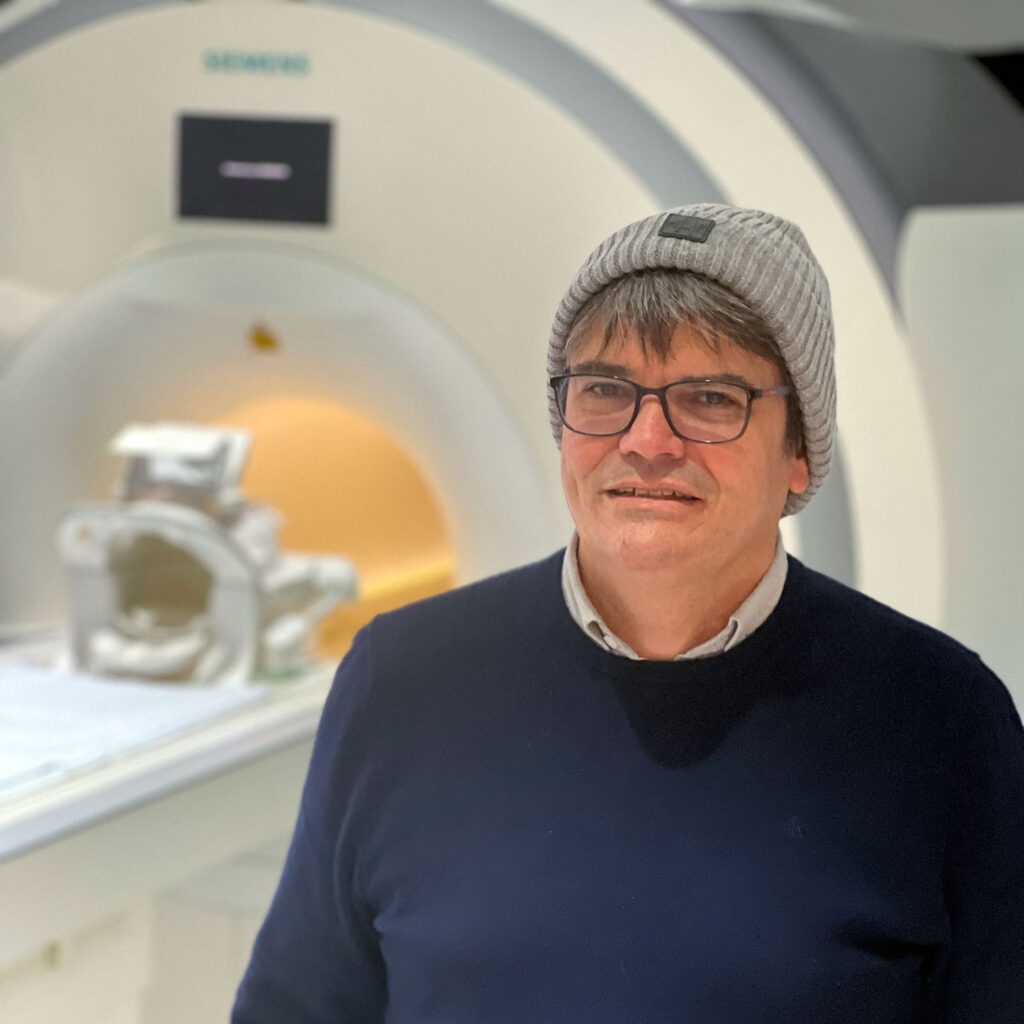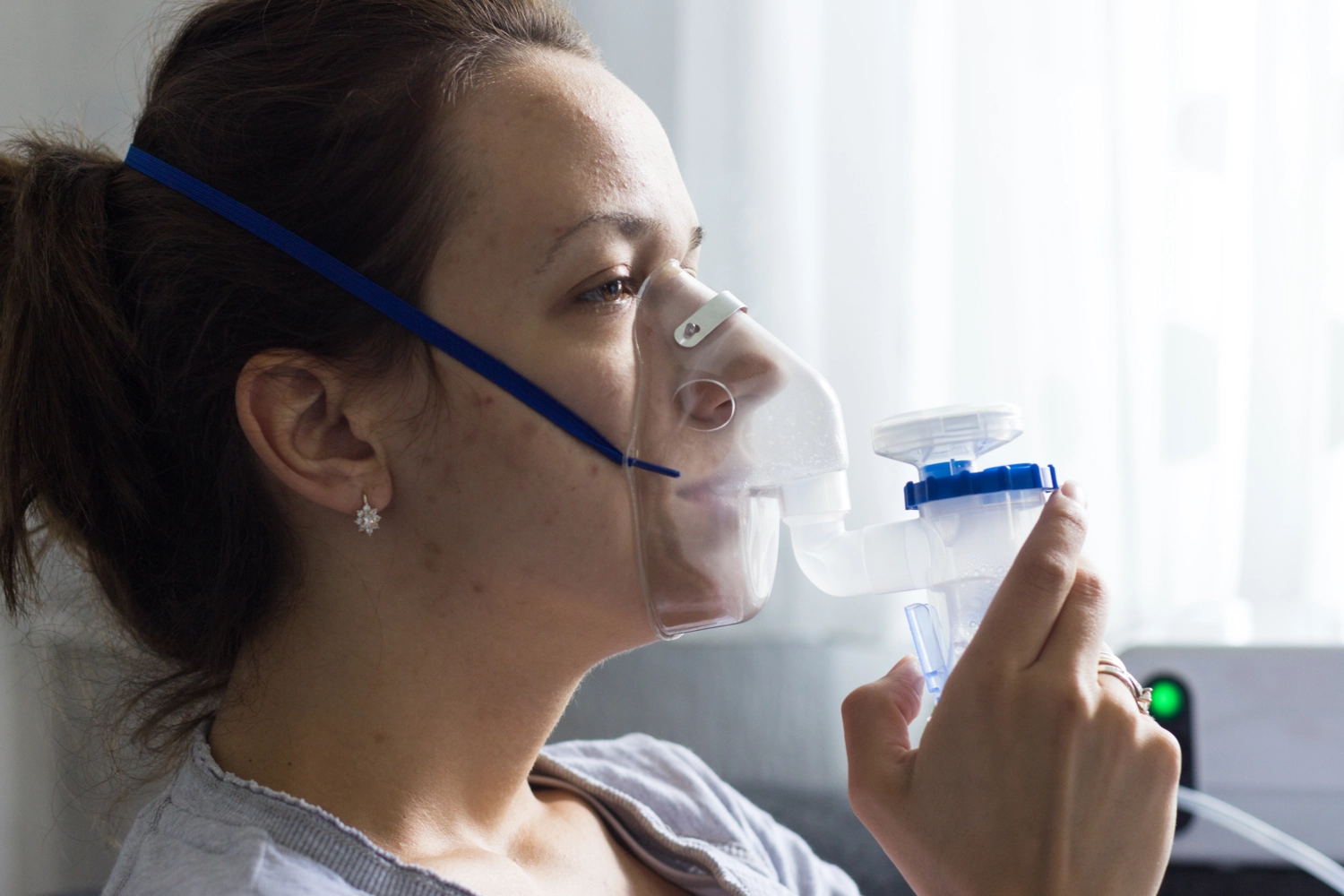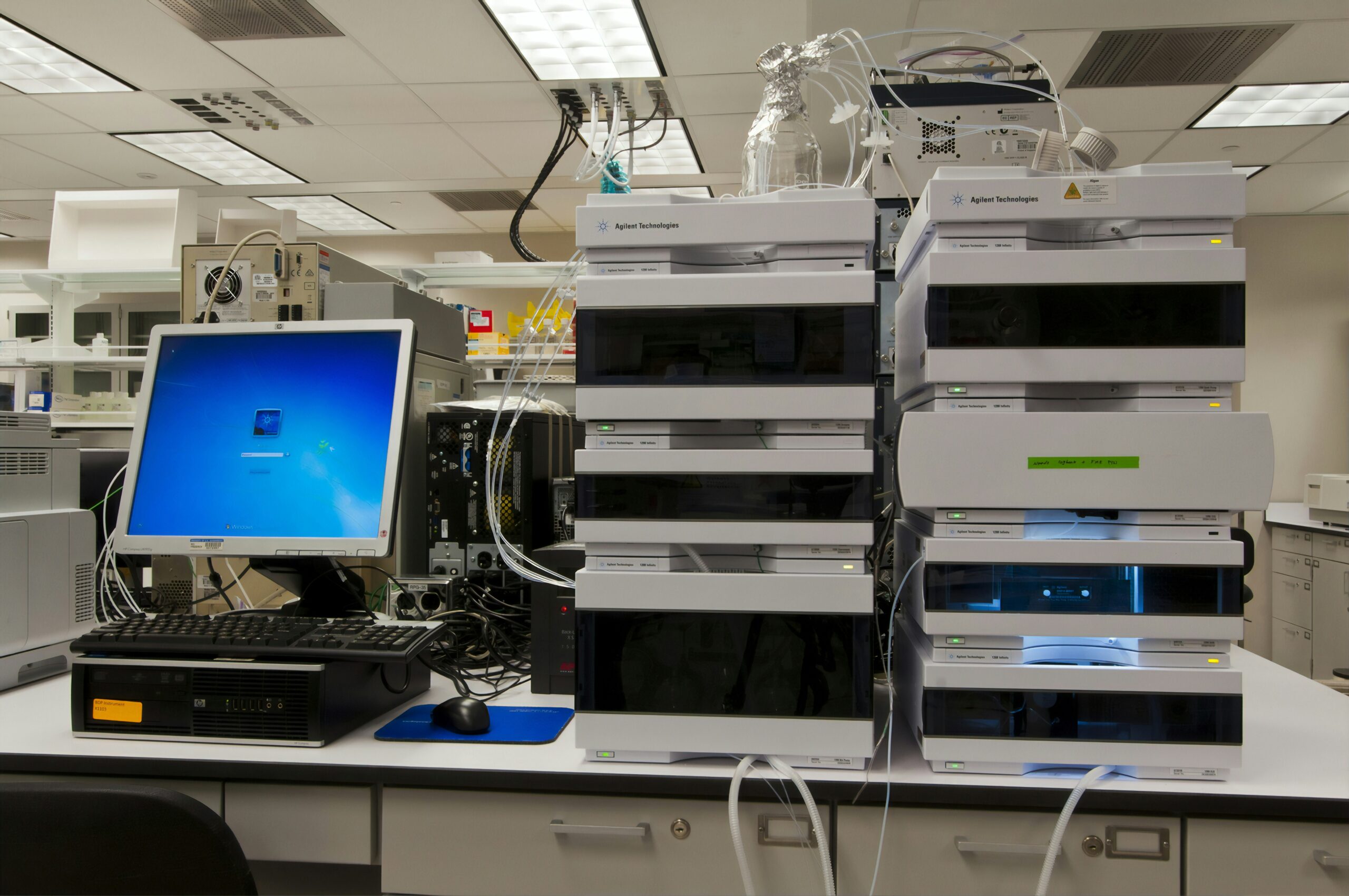
The University of Newcastle is spearheading a groundbreaking initiative to develop new treatments for brain cancer, utilizing funds raised from the 2025 NRL Beanie for Brain Cancer Round. This ambitious project aims to deliver innovative therapies through the Mark Hughes Foundation Centre for Brain Cancer Research (MHF Centre), addressing the urgent need for more effective treatment options for patients.
The MHF Centre is collaborating with industry partners and researchers in Queensland to create highly-targeted drugs. These drugs will be delivered directly to tumor sites using a cutting-edge approach known as theranostics. Theranostics is a personalized cancer treatment that employs a PET scanner to detect specific targets on tumor cells. If these targets are present, a radioactive drug is administered, selectively attacking the tumor while sparing healthy tissue.
The Role of Theranostics in Cancer Treatment
Theranostics represents a significant advancement in cancer treatment, offering a tailored approach that could revolutionize how brain cancer is managed. The technique’s ability to precisely target tumors provides hope for improved outcomes, especially in a field where treatment options have been limited.
Professor Mike Fay, Director of the MHF Centre and a practicing radiation oncologist, expressed enthusiasm about the potential impact of this project. “As a brain cancer research centre based in regional Australia, we’re uniquely placed to do novel drug development, trial it in a small number of patients, and scale it up in partnership with pharmaceutical companies,” he stated.
“Patients want us to be brave and to develop and trial new treatments. If we’re successful with this project, the clinical rollout for treatments could be done really quickly into practice in clinics around the country.” – Professor Mike Fay
Community Support and Financial Backing
The 2025 NRL Beanie for Brain Cancer Round garnered overwhelming support, raising more than $3.5 million for brain cancer research and patient support. Mark Hughes, founder of the Mark Hughes Foundation, emphasized the importance of this funding. “We want to turn that hope into promise,” Hughes remarked. “In the ninth year of the Beanie Round, it’s time to fund big research projects that have the potential to make a real difference for people with brain cancer.”
This financial backing is crucial for enabling patients to participate in clinical trials, potentially transforming the landscape of brain cancer treatment. The collaboration between the MHF Centre and its partners exemplifies how community efforts can drive significant advancements in medical research.
The Mark Hughes Foundation’s Commitment
For over a decade, the Mark Hughes Foundation has been dedicated to supporting vital medical research into brain cancer, the leading cause of cancer death among Australians under 40 and children under 10. Established in 2022, the MHF Centre for Brain Cancer Research aims to strengthen relationships with brain cancer researchers globally, fostering collaboration for better patient outcomes.
The initiative aligns with the University of Newcastle’s mission to improve community health and well-being. The Hunter Medical Research Institute (HMRI), a partnership between the University, Hunter New England Health, and the community, further underscores this commitment.
“With our centre’s research expertise in imaging and therapeutics, the country’s newest MRI, and our close connections to patients – we are ideally placed to develop and trial new options for brain cancer.” – Professor Mike Fay
Looking Ahead: The Future of Brain Cancer Treatment
The announcement of this project marks a pivotal moment in the fight against brain cancer. By leveraging innovative technologies and fostering collaborative research, the University of Newcastle and its partners are poised to make significant strides in developing effective treatments.
As the project progresses, the potential for rapid clinical implementation offers hope to countless patients and their families. The success of this initiative could set a precedent for future research endeavors, highlighting the power of community-driven efforts in addressing critical health challenges.





